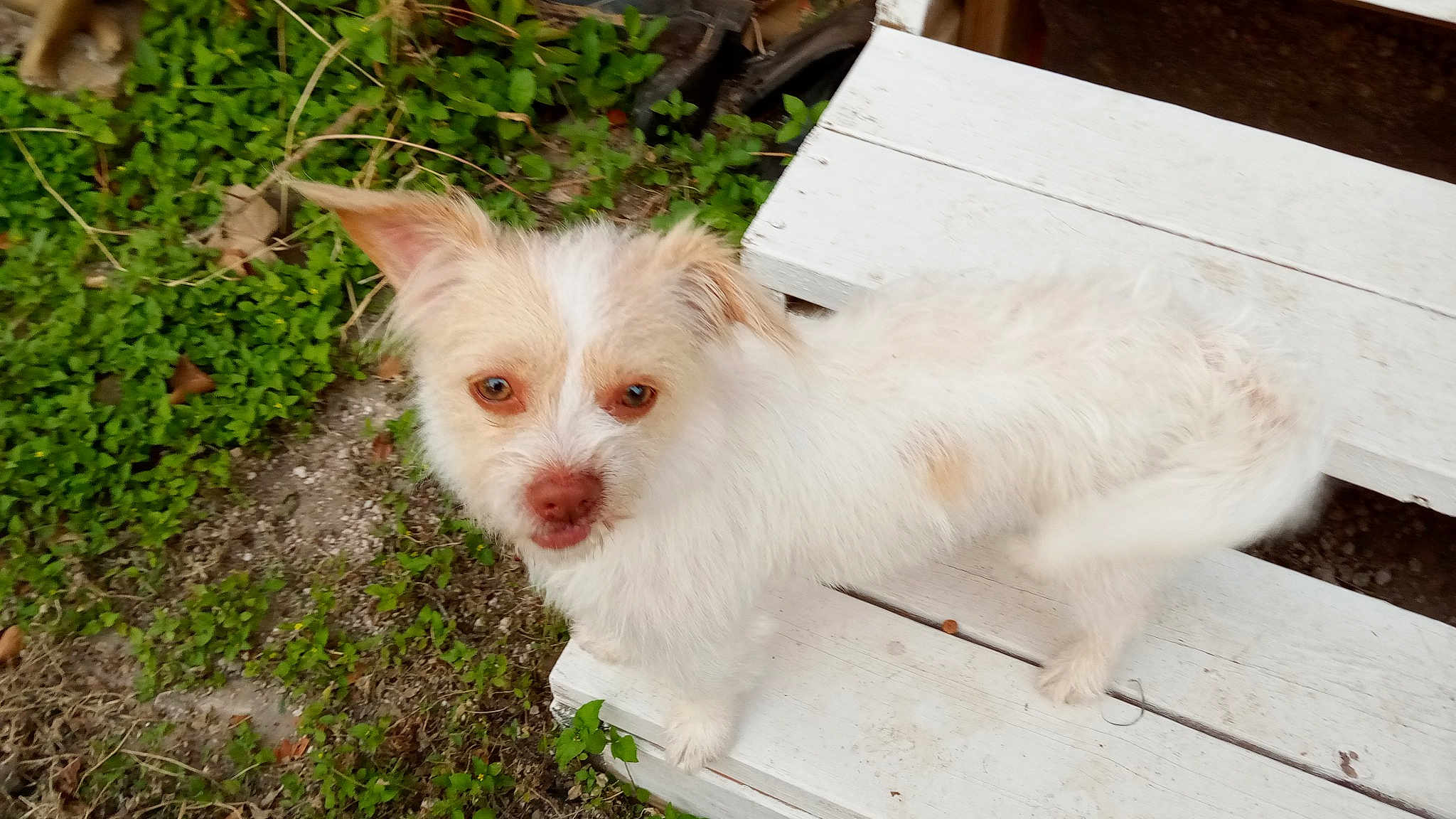"The Kishu Ken, renowned for its bravery and loyalty, has been a steadfast companion in the rugged terrains of Japan for centuries."
The world of dog breeds is as diverse as it is enchanting, with each breed carrying its own rich tapestry of history, characteristics, and charm. Among these breeds, the Kishu stands out, not only for its unique origins and traits but also for its unwavering role as a guardian and companion.
Personality and Behavior of the Kishu
Kishus are well-regarded for their courage and loyalty. These muscular and agile dogs are known to form incredibly strong bonds with their families, often showcasing a remarkable level of devotion and protectiveness. Their calm and dignified demeanor belies a spirited and energetic nature that thrives in an environment where they have ample space and opportunities for physical activities.
Often described as quiet and reserved, the Kishu is not typically vocal unless necessary. This breed exhibits a poised and composed manner, making it an excellent companion in households that value a serene environment. However, their reserved nature may sometimes be mistaken for aloofness, particularly around strangers. It is important to understand that this cautious behavior is a testament to their intelligent and discerning minds.
Living with a Kishu means embracing their independent streak, a trait honed by their historical roles as hunters. While they are incredibly loyal, Kishus appreciate the freedom to explore and engage with their surroundings. This independent nature necessitates a dedicated training regime to ensure they understand boundaries and establish a harmonious coexistence.
"The Kishu Ken, despite its hunting origins, finds joy in simple companionship and thrives best when it senses a loving connection with its family."
Meanings, History, and Origins of the name Kishu
The name "Kishu" is derived from the Kishu region (present-day Wakayama Prefecture and Mie Prefecture) of Japan, where these dogs have roamed for centuries. The term "Ken" or "Inu" denotes "dog" in Japanese, thus "Kishu Ken" essentially translates to "Dog of Kishu." This breed has been historically esteemed for its hunting prowess, particularly in the mountainous regions where agility and endurance were paramount.
Emerging as natural-born hunters, Kishus were primarily employed to track down boar and deer. Their white fur is a distinctive characteristic that allowed them to blend into the snowy landscapes, an evolutionary advantage that facilitated their hunting efficiency. The breed was officially recognized as a natural monument in Japan in 1934, cementing its cultural significance and preserving its lineage.
The cultural reverence for the Kishu is deeply embedded in its storied past. In Japanese folklore, the Kishu is often portrayed as a symbol of loyalty and bravery, frequently featured in local legends and narratives as a protector and a cherished companion.
Popularity of the Kishu
In broad strokes, the Kishu breed may not enjoy the widespread recognition of some other breeds, but it holds a special place within certain communities around the globe. The breed's loyal following is a testament to its unique charm and robust characteristics.
In English-speaking countries, the Kishu has garnered a steady but niche following. Dog enthusiasts who appreciate the historical and cultural importance of breeds often seek out Kishus for their distinctive traits and heritage. Though not as common in Western households, those who do choose a Kishu often become lifelong enthusiasts, charmed by their loyalty and calm demeanor.
Globally, the Kishu's prominence remains strongest in Japan, where it is celebrated not just as a pet, but as a part of the nation’s living heritage. Festivals and gatherings that highlight native Japanese breeds often feature Kishus prominently, allowing admirers an opportunity to witness their grace and poise firsthand.
Health and Care of the Kishu
Caring for a Kishu requires an understanding of the breed's specific health needs and overall well-being. Generally, Kishus are robust and healthy dogs, but they can be prone to certain hereditary conditions such as hip dysplasia, patellar luxation, and eye infections.
Diet plays a crucial role in maintaining the health of a Kishu. A balanced diet rich in proteins, vitamins, and essential minerals will support their active lifestyle and prevent obesity, which can exacerbate joint problems. Regular exercise is also imperative; these agile dogs need frequent physical activity to expend their energy positively and maintain muscle tone.
Ensuring routine health checks and vaccinations will help identify any potential health issues early. Grooming, although relatively low-maintenance due to their short, dense coats, should include regular brushing to keep their fur in optimal condition and to minimize shedding.
Training and Education of the Kishu
Training a Kishu can be a rewarding but demanding endeavor. Their intelligence and independence require a firm yet gentle approach. Early socialization is key to mitigating their reserved nature around strangers and other animals. Exposing them to varied environments and experiences during their formative months will help them grow into well-rounded adults.
Positive reinforcement techniques work best with Kishus, encouraging their natural curiosity and willingness to learn. Consistency is crucial; erratic training methods can result in confusion and reluctance. Patience and persistence will go a long way in establishing a strong bond and respect between the Kishu and its owner.
House training and basic obedience should be prioritized to create a structured environment for the Kishu. Given their hunting background, Kishus may exhibit a high prey drive, necessitating leash training and recall command training to prevent unwanted pursuits.
Choosing the right dog breed involves a deep understanding of one's own lifestyle, living conditions, and the specific needs of the breed. Kishus, with their unique blend of loyalty, independence, and cultural heritage, make an excellent choice for those who appreciate these traits.
In conclusion, breeds like the Kishu Ken offer more than just companionship; they provide a link to cultural heritage and a testament to centuries of loyal service. At KingPet, we see many Kishus participating in our contests, showcasing their beauty and the deep bonds they share with their families. Choosing a Kishu means embracing a legacy of bravery and loyalty, making them an invaluable addition to many households.



